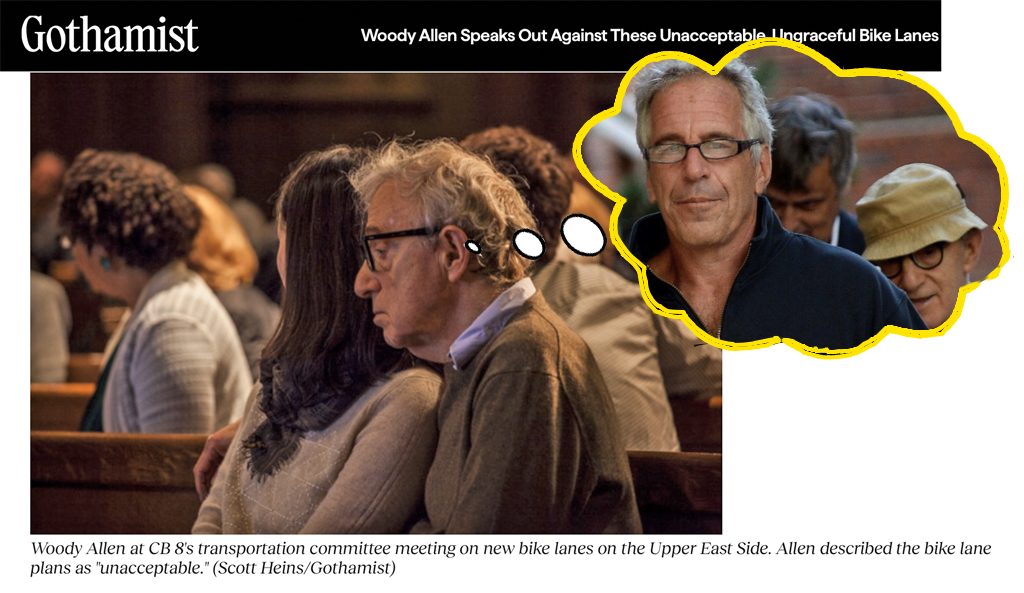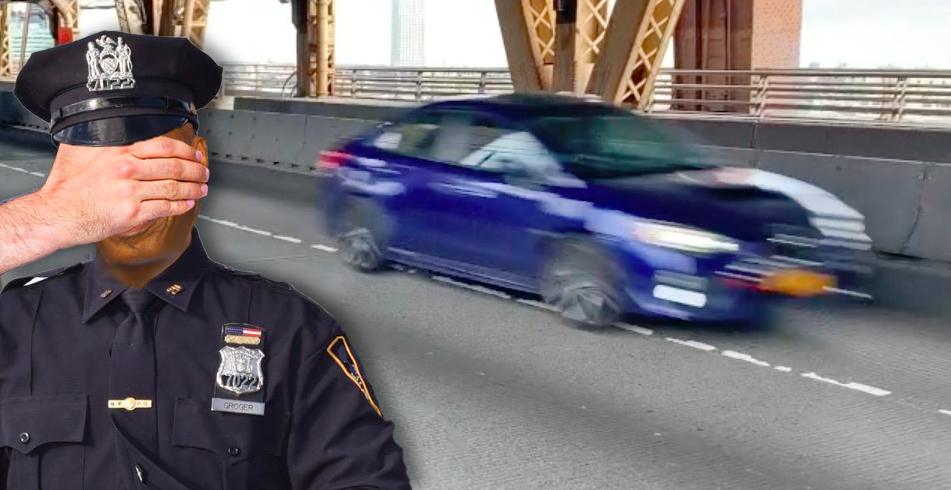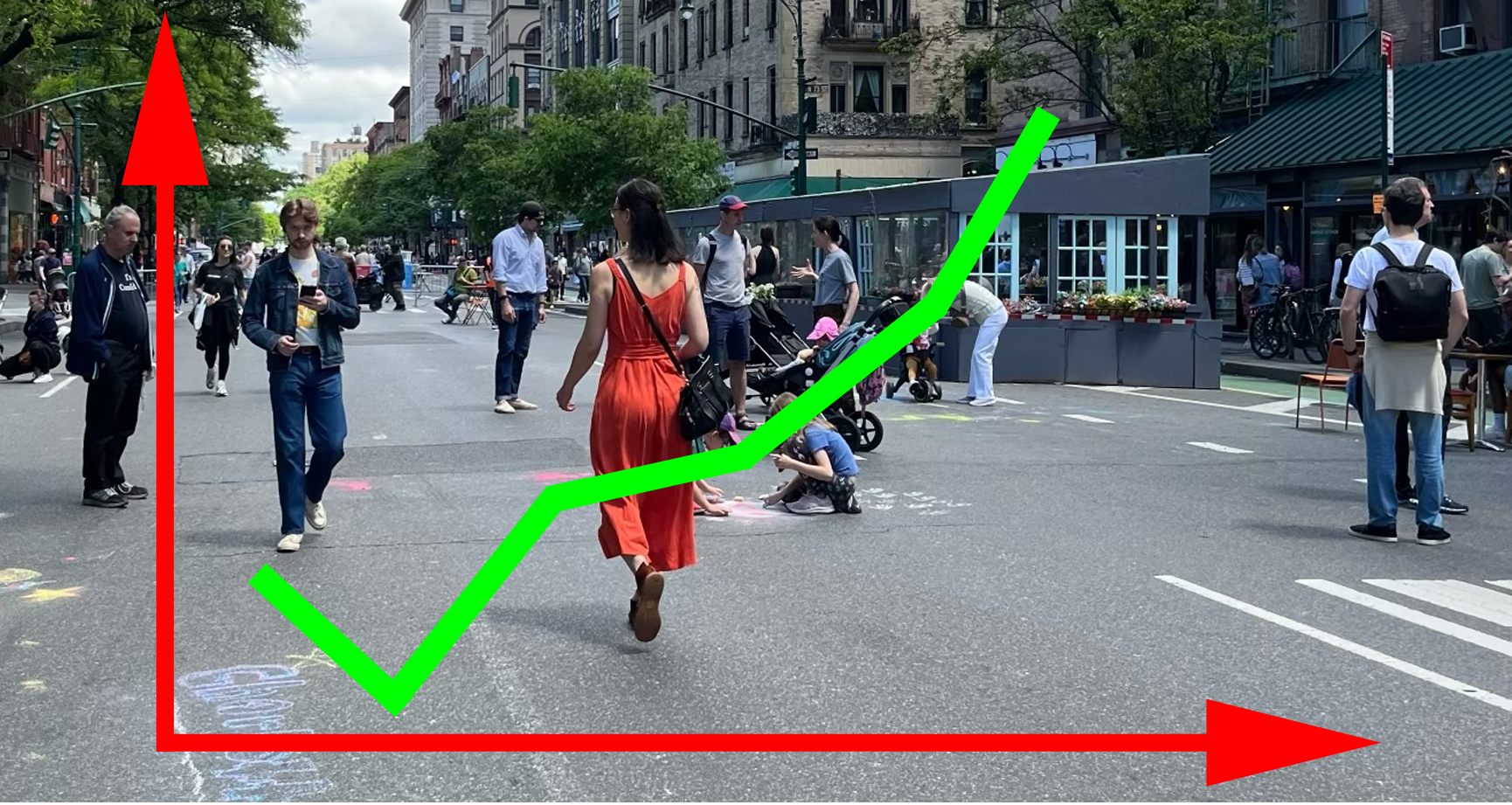Following word that a congestion pricing bill has surfaced in Albany, details are emerging about the actual legislation. Today's New York Times story on Governor Paterson's attitude toward pricing included specifics on how penalties would work and confirmed the existence of a "livable streets lock box" funded by parking fees:
The measure would charge drivers without E-ZPass an extra dollar for travel into the zone, giving them 48 hours to pay the $9 fee to the city. If they miss the deadline, the fee would rise to $65; if they fail to pay, they could be fined up to $115. The plan also calls for the creation of a mass transit enhancement fund, financed by any increases in parking meter fees within the congestion zone, to pay for bike paths, bus rapid transit systems and other items.
Streetsblog has been reviewing the bill and turned up some interesting language on environmental review, in what is clearly a response to the argument of Richard Brodsky and others who claim the process to date has circumvented SEQRA requirements. The Traffic Congestion Mitigation Commission recommended adhering to established principles of environment review, and now we are seeing the particulars of how that would work.
The bill basically lifts suggestions from the TCMC's final report [PDF], situating the commission's previous work within the SEQRA framework. For instance, the 14 public hearings held by the TCMC constitute the initial public comment phase, and the interim report to the commission serves as the alternative analysis. Still to come: The city will hold public hearings on the scope of environmental
review, draft a scoping document outlining any adverse
impacts, and release a final Environmental Impact Statement prior to the date pricing goes into effect. (You can read all about it starting on page 18 of this PDF.)
A related section provides for ongoing measurement of environmental impacts, including "traffic, air quality, noise, and parking." In what could develop into a New York version of London's yearly congestion charging study, the city would release an annual report on these impacts.
Another interesting tidbit: Diplomatic vehicles, pending approval from the State Department, would be exempt from the charge, so we might not get to see if the British ambassador will pay to drive, unlike his counterpart in London.
Stay tuned; we'll be posting updates on any other nuggets that may surface.





